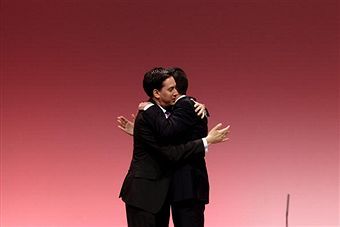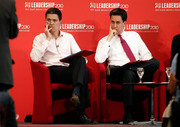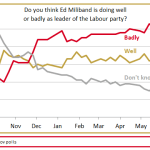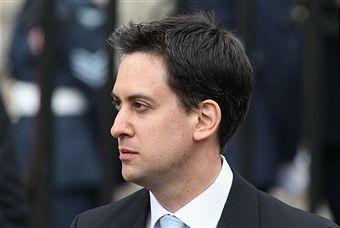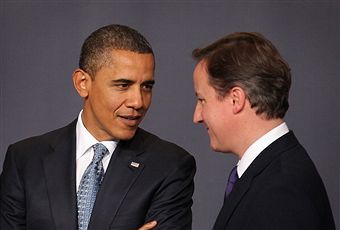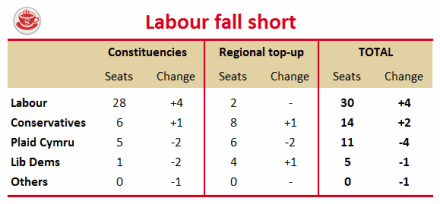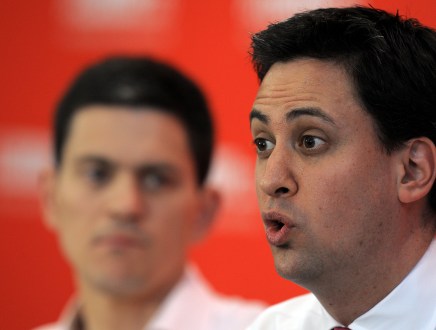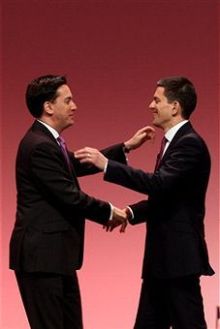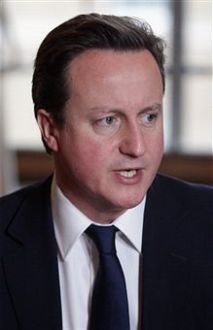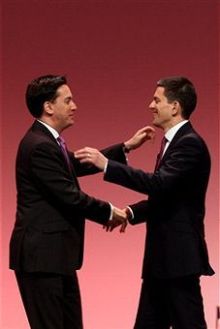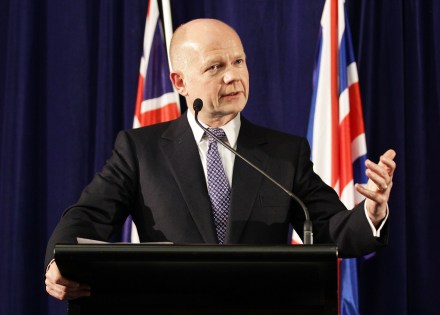More than a soap opera
David Miliband is considering a return to frontline British politics. At least that is what Andrew Grice has heard. He reports: ‘David Miliband is considering a surprise comeback to frontline politics in an attempt to end speculation about a continuing rift with his brother Ed. Friends of the former Foreign Secretary said yesterday that his joining the Shadow Cabinet was a “live issue” in his circle of political allies. “There is a debate going on. Some people are arguing that it would be better to be a team player than look as though he is sulking on the sidelines,” said one source.’ Better for whom, I wonder? The fear that
